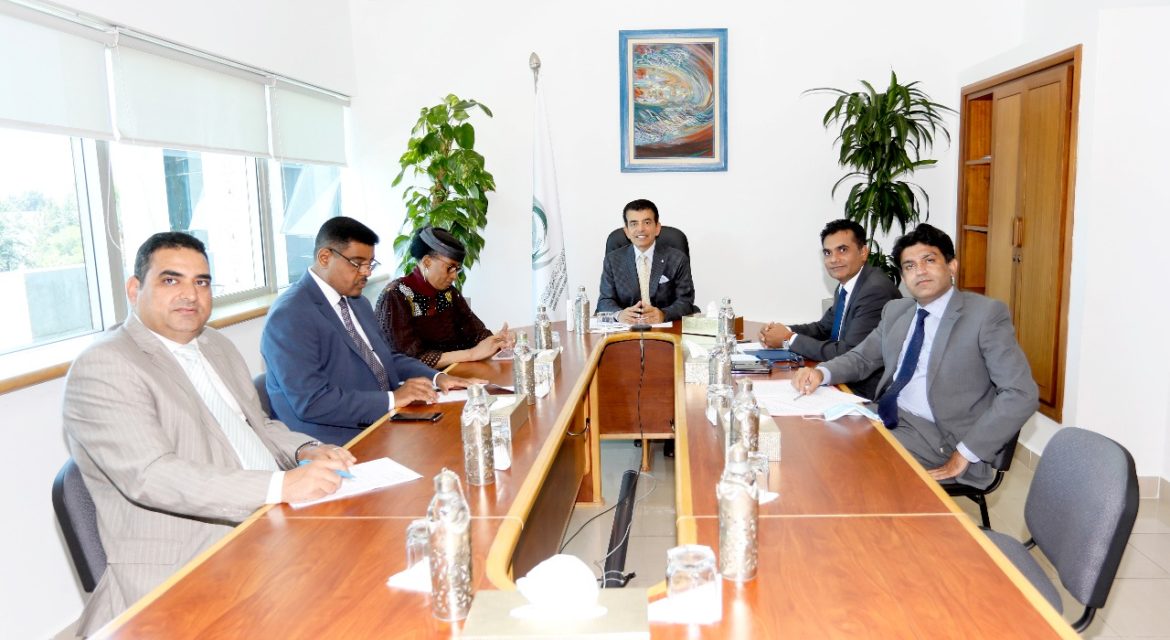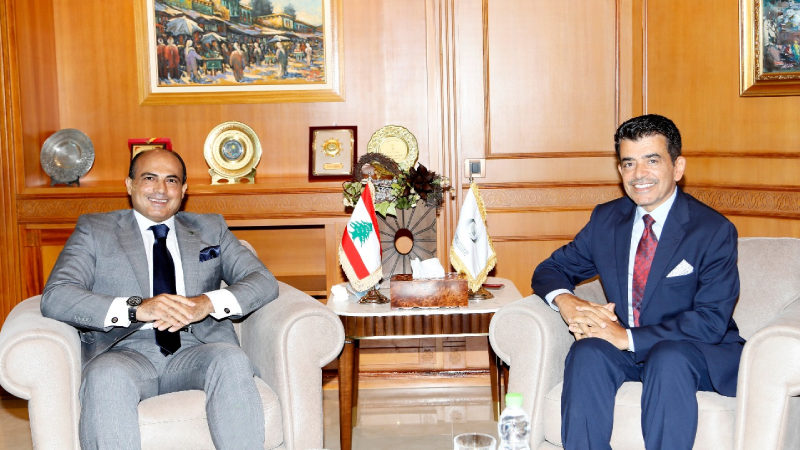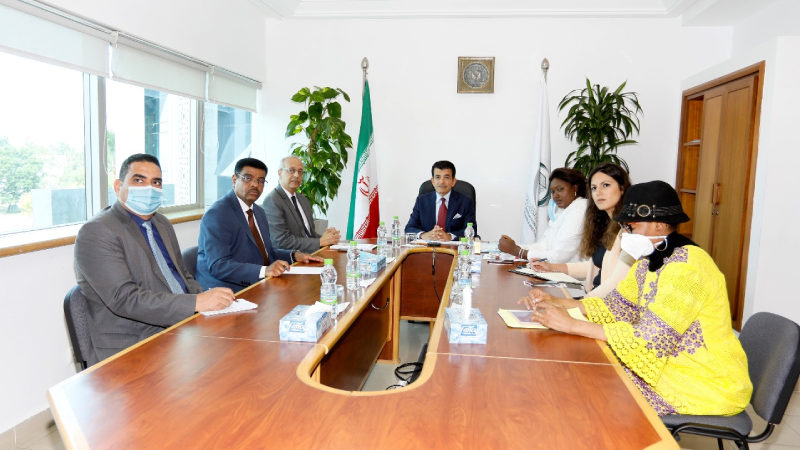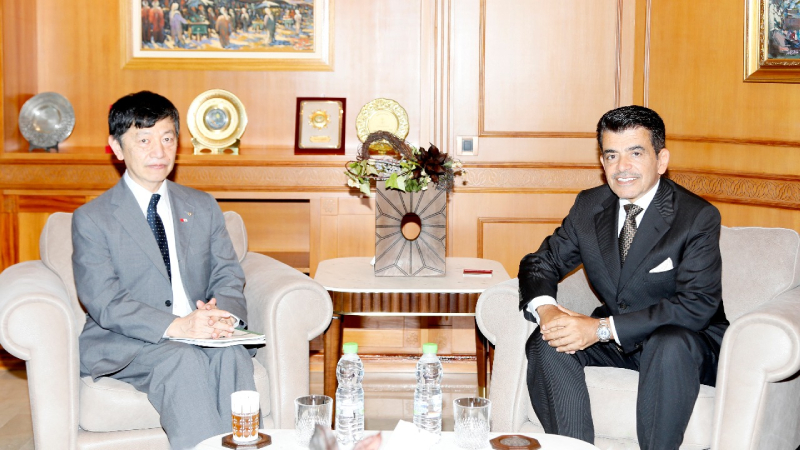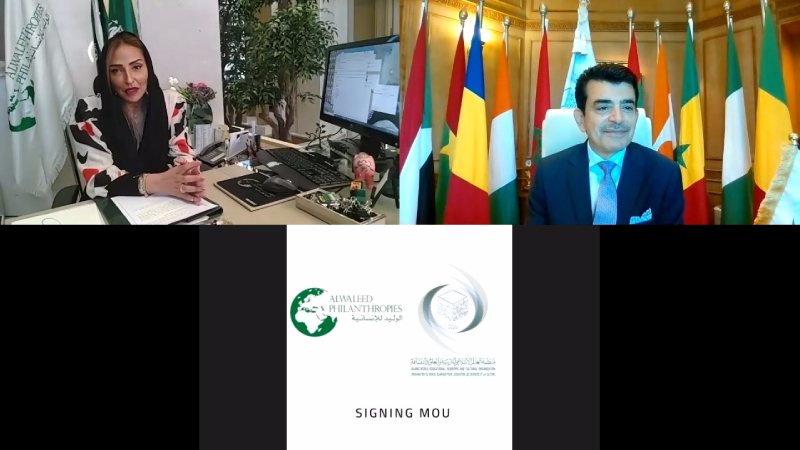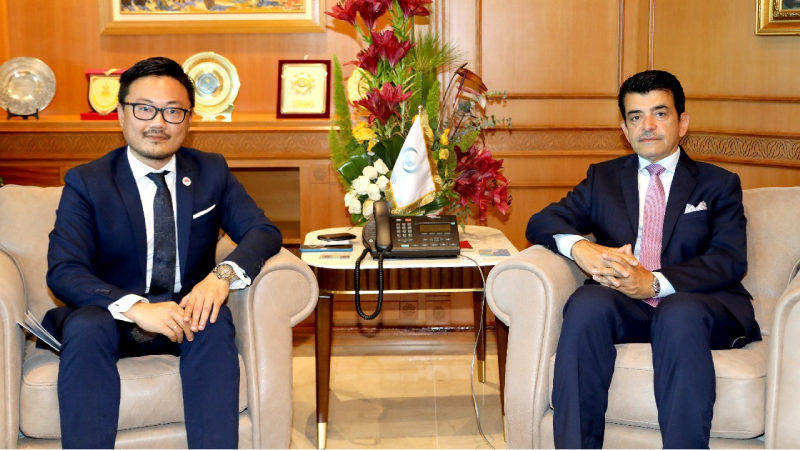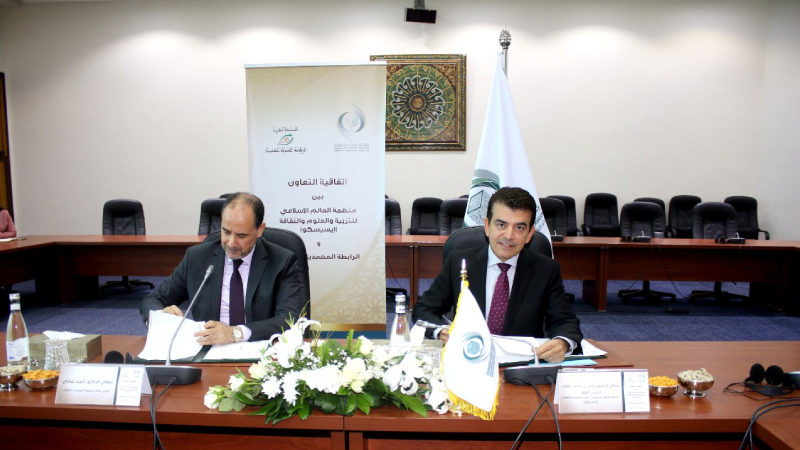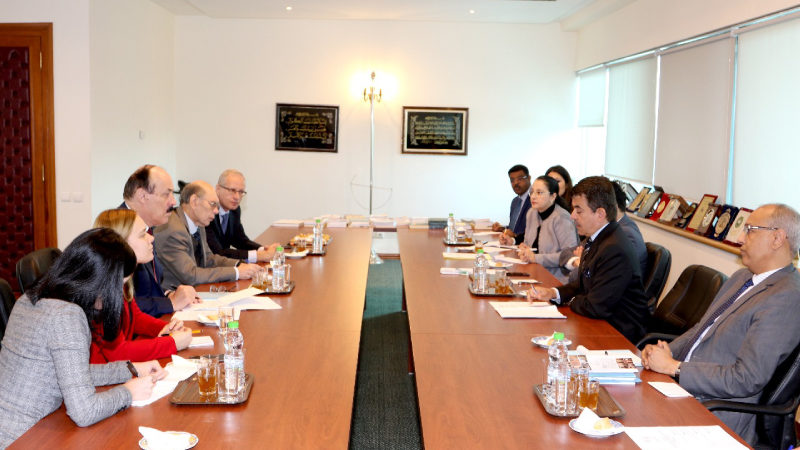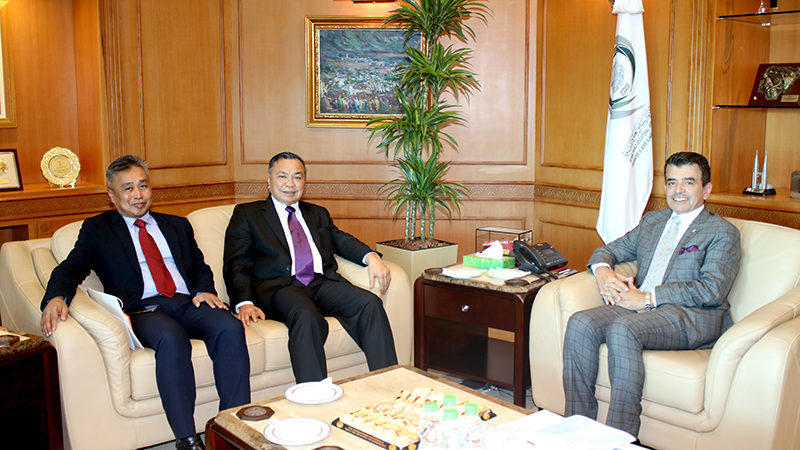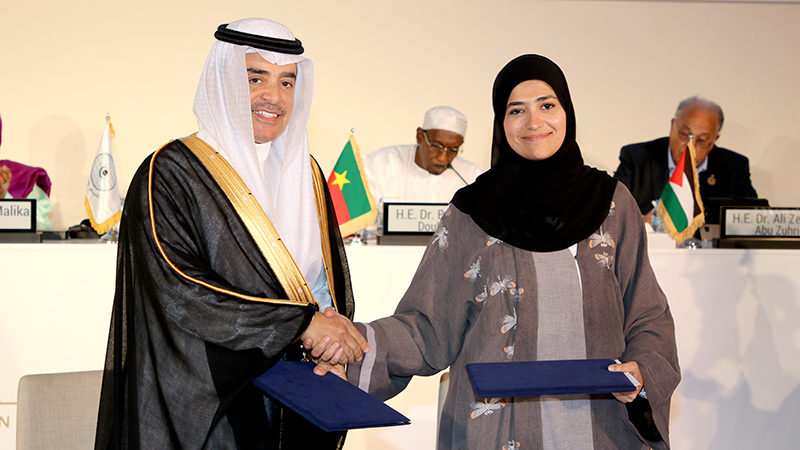Dr. Salim M. AlMalik, Director-General (DG) of the Islamic World Educational, Scientific, and Cultural Organization (ICESCO), and Dr. Matthias Beller, Vice-President of the Leibniz Association, explored on Wednesday, August 5 cooperation prospects between their respective entities in the fields of science and technology.
Dr. AlMalik underlined the open-door policy in ICESCO’s vision and strategy that seeks to sustain partnerships with states, international organizations, and civil society institutions. The DG also noted that there are wide prospects for cooperation between ICESCO and the Leibniz Association, a leading research institution in Germany, stressing that science is the world’s driving force to a brighter future.
The meeting highlighted the importance of bridging education to science and technology. The two parties agreed that deploying technology for the advancement of education in various stages is paramount.
The meeting also addressed giving dropout students access to quality education and highlighted ICESCO’s role in sustaining schooling within its Member States during the COVID-19 pandemic.
The potential partners reviewed future cooperation programs. The proposals pertained to the fields of scientific research, capacity-building, cultural heritage, and the environmental initiatives. The proposals also suggested providing school grants for students from ICESCO’s Member States and linking the Association’s institutes (96 specialized institute) with the Member States’ research centers and universities.
Dr. Beller reaffirmed the Association’s keenness to cooperate with ICESCO, particularly in organizing international conferences, workshops, and training sessions. He added that the Association will organize several activities across the world.
ICESCO and the association agreed to draft a partnership and cooperation agreement. The agreement would feature practical cooperation programs with defined goals and tangible results. ICESCO’s directors of sector attended yesterday’s videoconference.


